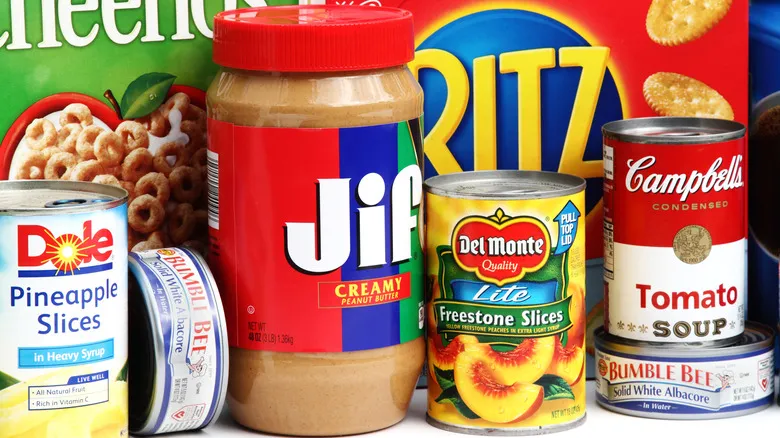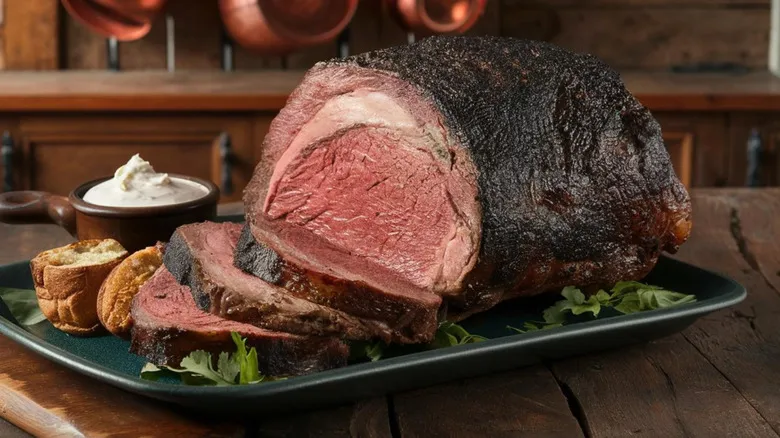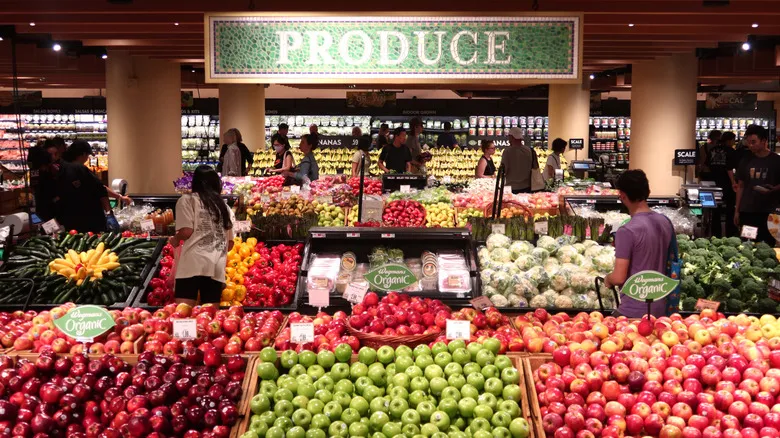Cash and (never more than you can) carry

Except for larger families, bulk buyers with cars, and those who plan meals months in advance, most New Yorkers typically shop for groceries based on what they can comfortably carry home. Even with a portable shopping cart, like Clax's well-known folding trolley, this usually translates to about a week's worth of groceries for the average household size of 2.56 people (according to the U.S. Census Bureau). What may initially appear to be a limitation is actually a benefit.
Shopping on a weekly basis helps ensure that your produce remains relatively fresh throughout the week. (Choosing perishables from the back of the shelves can also help, just remember to be courteous.) Beyond the obvious advantages in taste and recipe versatility, this approach minimizes food waste and prevents those small kitchens from becoming overcrowded.
To enhance these strategies, it can be beneficial—though not essential—to maintain a well-stocked pantry. This means replenishing items you frequently use, such as oils, spices, dry pasta, and essential canned goods, as they deplete rather than waiting until you need them. With these staples and your weekly groceries, if you can prepare dinner here, you can prepare it anywhere.
Recommended

How Often Do Most Grocery Stores Restock Food?

How Much You Overspend When You Buy Name Vs. Generic Brand Grocery Items

How To Determine How Often You Should Buy Groceries

How To Buy Prime Rib At The Grocery Store
Next up

